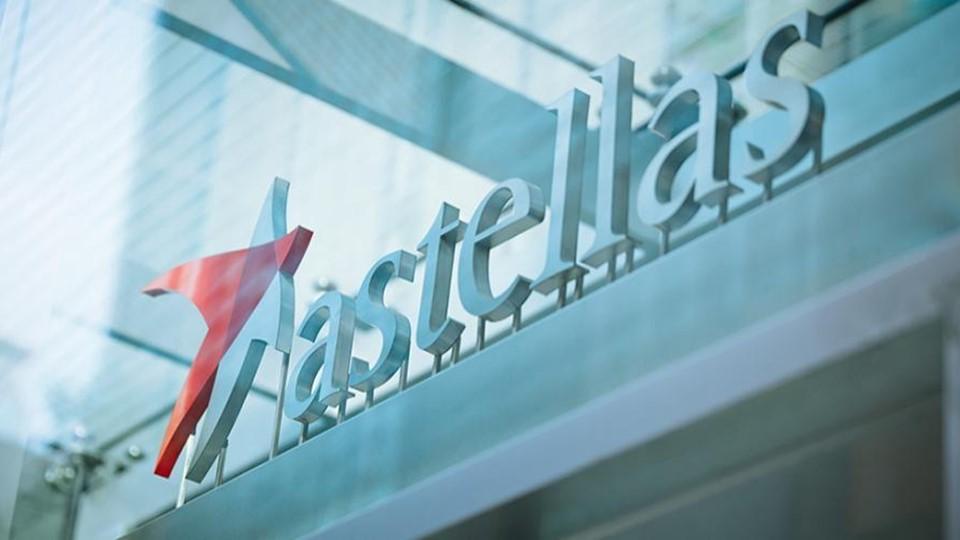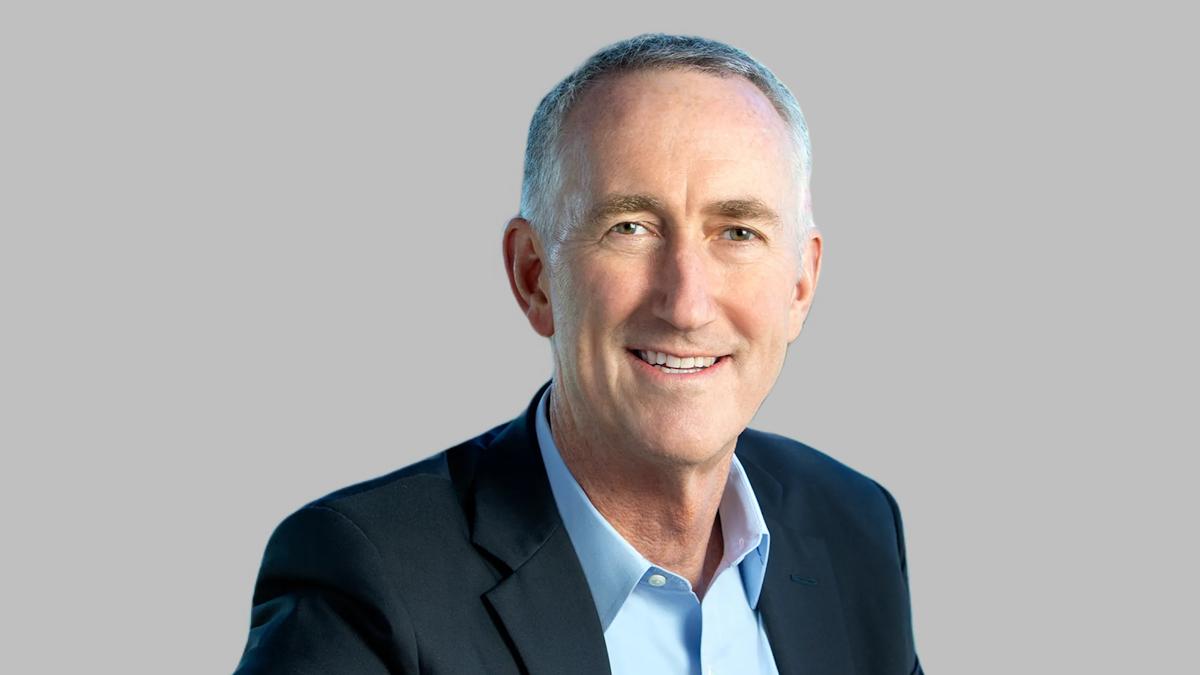Astellas expands Poseida alliance on solid tumour CAR-Ts

Astellas has clearly been impressed with a partnership signed last August with Poseida Therapeutics on the development of cell therapies for solid tumours, as it has just increased its investment.
Astellas’ initial deal gave it an option on a single off-the-shelf (allogeneic) CAR-T therapy (P-MUC1C-ALLO1) for solid tumours derived from epithelial cells, with a $50 million upfront payment and up to $3.6 billion in potential backend payments.
Now, the Japanese pharma is paying another $50 million to make use of Poseida’s technology platform to develop two more cell therapy programmes, combining it with the expertise of its Xyphos Biosciences subsidiary. There is another $550 million in potential milestones as well.
While autologous CAR-T therapies based on cells taken from patients have been approved for treating blood cancers, there are several technical barriers to overcome before they can be made to work in solid tumours. These include finding a suitable receptor, and engineering CAR-T cells that are robust enough to infiltrate the hostile environment surrounding the tumour.
Xyphos is contributing its ACCEL platform to the new programme, which can generate off-the-shelf CAR-T cells and includes convertibleCAR technology that allows their activity to be tuned in situ and extend the range of targets available, in what has been described as a “steering wheel, accelerator, and brake” approach. It will be combined with Poseida’s gene-editing technology, which will be used to engineer the new therapies.
“We believe the collaboration will bring synergies between the two companies’ breakthrough research and will ultimately lead to expansion of Astellas’ portfolio and to delivery of innovative CAR-T cell therapies to cancer patients,” said the Japanese pharma’s chief strategy officer, Adam Pearson.
The expansion of the Astellas partnership is another boost for Poseida as it recovers from the loss of a wide-ranging gene therapy alliance with Takeda, worth up to $3.6 billion, that came to an end last year after Takeda said it was stopping all work on AAV-based therapies.
Astellas bought Xyphos in 2019 in a $500 million-plus deal that included an upfront payment of $120 million, putting the ACCEL platform at the heart of its cell therapy strategy. It also has an 8.8% stake in Poseida as a consequence of the P-MUC1C-ALLO1 option deal.
The latest agreement also comes just a few weeks after Astellas signed a deal worth up to $800 million with Kelonia Therapeutics, which is bringing together ACCEL with Kelona’s lentiviral delivery technology to generate CAR-Ts in vivo.













